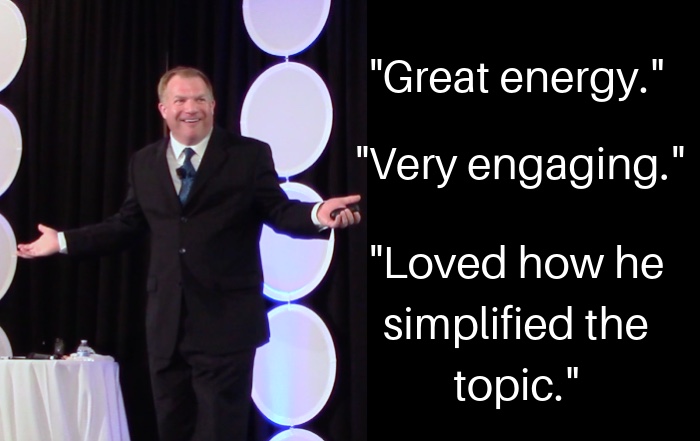 Blocking distractions at work represents an important skill for your career. It allows you to focus better on tasks. And by maximizing your time, you’ll avoid stress and burnout traps, like working late or working on the weekend.
Blocking distractions at work represents an important skill for your career. It allows you to focus better on tasks. And by maximizing your time, you’ll avoid stress and burnout traps, like working late or working on the weekend.
This skill served me well as a TV news reporter. While performing a live report from the field, you could find yourself surrounded by distractions. The location could be noisy, the weather could be challenging, and nearby people could be a factor.
In some cases, they were curious about the TV news process and wanted to get a closer look. So, from a few feet away, they would stare at you. Perhaps they forgot that unlike watching the news at home, I could see them.
In other cases, someone related to the story might be listening to see if what I was saying was to their liking. In either case, trying to do your job with someone staring at you is not easy. Maybe you’ve experienced this kind of staring from a dog or a cat.
There was also the possibility of other noises like car horns and shouts.
Despite these challenges, as a reporter, you have to block out these distractions, pay attention to the multiple people talking to you in your earpiece, and focus on telling your story to the viewers.
While you may not work on a nightly newscast, you should consider these tips for blocking distractions at work:
Blocking Distractions: Create Barriers
As a reporter I would need to narrow my focus while performing a live report. Things could be happening around me but if they weren’t related to my story, then I would ignore them.
For you this may involve closing a door, putting your phone on do not disturb, or turning off email notifications. Maybe you need to move somewhere, like an empty conference room.
During this time, you focus on one task. While something funny may be happening down the hall, you don’t drop everything to investigate. You honor your task.
Blocking Distractions: Use Technology
Sometimes, you can’t change a loud environment but need to concentrate. When the landscaping crew comes to work in my community, there are going to be lots of loud mowing and blowing sounds.
This may happen when I need to get some work done and can’t go elsewhere. When it occurs, I can put on my noise cancelling headphones. I can block out the distraction and focus.
Can you use headphones or music to improve your concentration? Some prefer a small fountain or a sound machine that produces white noise or relaxing sounds.
Track and Anticipate Distractions
As a reporter, I knew a controversial rally would feature a louder environment than a park. That knowledge could help me anticipate problems. I might tell my producer that noise will likely make it difficult for me to hear out of my earpiece, so the anchors should not ask me any followup questions after my report.
Can you determine if there are certain times or situations when it is harder to get work done? Are there things you can do to minimize the impact?
Another approach is to complete easy tasks when it’s noisy and hard tasks when it’s quiet. By tracking interruption levels over time, you should have a good idea for these windows of opportunity.
Through some anticipation, you can become skilled at blocking distractions at work.






